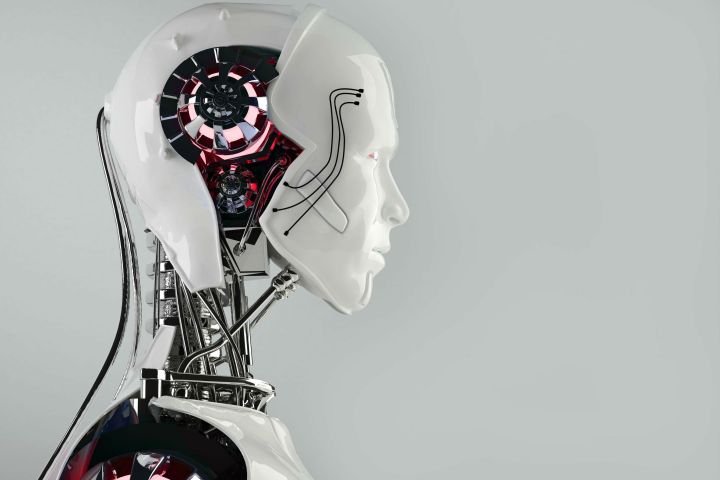
Artificial intelligence is proving to be an exceptional tool for everything from conquering complex board games to debugging computer programs, to helping oncologists fight cancer. This week, Microsoft’s Chief Envisioner went as far as to say, “AI is the most important technology that anybody on the planet is working on today.” So, it’s no surprise to find AI in our smartphones and automobiles. But how about in our courtrooms?
Earlier this week, one of America’s biggest law firms, Baker & Hostetler, announced that it has “hired” an AI attorney called Ross to join its practice. Supported by IBM’s Watson, Ross was developed to engage in natural language queries and research to help human lawyers build, defend, and streamline their cases. However, Ross’s creators told Digital Trends that their primary goal was to make legal services more available for Americans.
“80 percent of Americans who need legals services can’t afford it,” said Ross Intelligence co-founder and CTO, Jimoh Ovbiagele. “This is a huge problem that no one else was trying to solve. We felt like we had a moral imperative to do something about it.”
Ross has four key strengths built to help lawyers “better advocate for their clients with more time spent on crafting their legal arguments and less time doing repetitive data retrieval,” said Ovbiagele.
First, the AI is able to answer questions with exact and pertinent responses. Unlike search engines, which give users many thousands of often-irrelevant replies, Ross delivers precise answers, without requiring lawyers to load questions with keywords. Second, Ross combs through legal texts and recent court decisions to identify changes to the law that might have a positive or negative impact on the case. Third, as a machine learning system, Ross becomes more sophisticated the more lawyers use it. Lastly, lawyers can use the AI across all of their devices with a constant user experience.
These features enable lawyers to interact with Ross as they would with one of their colleagues — the only difference is that Ross doesn’t take a lunch break. The AI’s remarkable computing power enables it to review the “entire body of law” before responding with “cited answers and topical readings from legislation, case law and secondary sources,” the company claims on it website.
Obviagele admitted that AI may make court cases imbalanced as some companies adopt the technology and others don’t. “Legal teams who leverage technology will have an unfair advantage against those who don’t,” he said. But he insisted that Ross will not replace human lawyers any time soon.
Still, you can almost hear law students sigh as they consider the competition.


